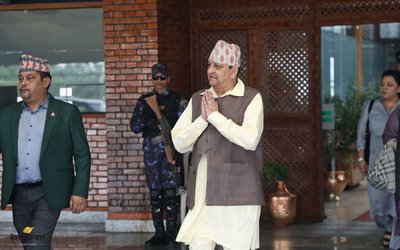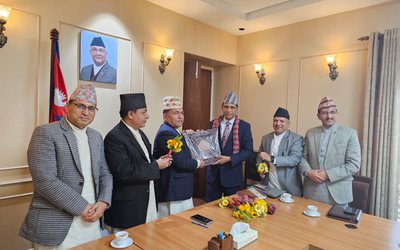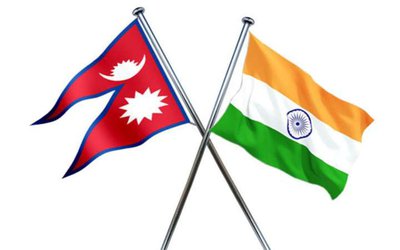More on News


Food and Agriculture Organization of the United Nations (FAO) continues to support the government-led efforts to address food security and livelihood needs in the six districts most affected by the earthquakes: Sindhupalchowk, Nuwakot, Dhading, Gorkha, Rasuwa, Dolakha.
Six months after the earthquakes, vulnerable farmers in the worst-affected districts still need agricultural inputs to continue the rehabilitation and reconstruction process and revive the agricultural sector.
FAO has already completed an emergency distribution of 42,000 5kg bags of rice seed in advance of the monsoon planting season. It has also distributed 30,000 durable grain and seed storage bags, with 40,000 more to follow, and nearly 20,000 25kg bags of high-nutrition animal feed. The vegetable seed packet distribution recently completed reached 50,000 households.
“Since the vast majority of rural families are dependent on agriculture for livelihoods, it is FAO’s priority to provide the farmers with the necessary support to revive their crop and livestock production,” said Dr Somsak Pipoppinyo, FAO Representative in Nepal. Dr Somsak extended gratitude to the donors, the government and nongovernmental agencies and the civil society for their generous support to the affected farmers.
In the next few months, FAO will continue distributing farming inputs, grain and seed storage bags and mineral blocks for surviving livestock. Through 240 women’s group, FAO will also distribute plastic sheets for the construction of tunnels to support winter vegetable production to 6 000 households. Twelve community-managed irrigation schemes have been identified and assessed for the provision of support to repair damaged reservoirs and channels.
According to a press release issued by FAO, food production is still under significant pressure due to the on-going border blockade in the southern part of the country that hinders the import of seeds, fertilizers and other agricultural inputs. FAO is working with government partners to resolve these issues by identifying alternative assistance to support vulnerable populations.
Achieving food security for all is at the heart of FAO's efforts – to ensure people have regular access to sufficient high-quality food to lead active, healthy lives. Our three main goals are: the eradication of hunger, food insecurity and malnutrition; the elimination of poverty and the driving forward of economic and social progress for all; and, the sustainable management and utilization of natural resources, including land, water, air, climate and genetic resources for the benefit of present and future generations.



